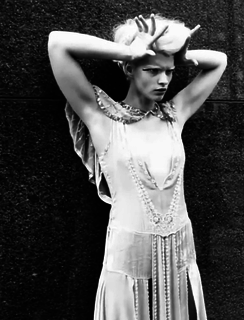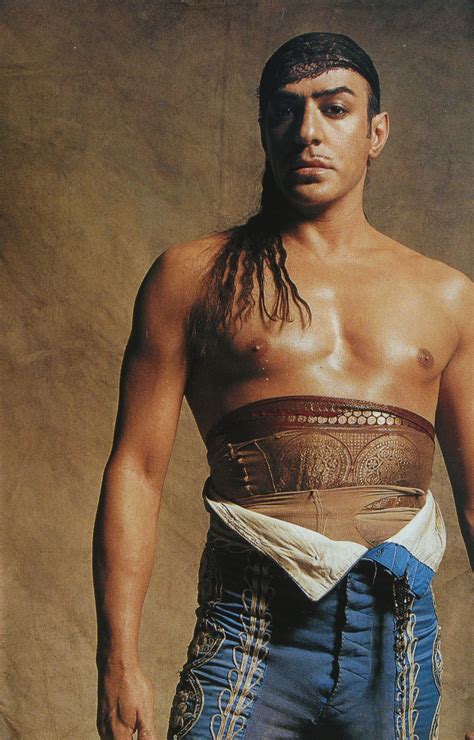A Quote by Tyra Banks
There is 3 key things for good photography: the camera,lighting and... Photoshop
Quote Topics
Related Quotes
With photography, everything is in the eye and these days I feel young photographers are missing the point a bit. People always ask about cameras but it doesn't matter what camera you have. You can have the most modern camera in the world but if you don't have an eye, the camera is worthless. Young people know more about modern cameras and lighting than I do. When I started out in photography I didn't own an exposure meter - I couldn't , they didn't exist! I had to guess.
I wanted to combine science and photography in a sensible, unemotional way. Some people’s ideas of scientific photography is just arty design, something pretty. That was not the idea. The idea was to interpret science sensibly, with good proportion, good balance and good lighting, so we could understand it.
Jack [Nicholson] really knows about the camera. He's one of the directors who likes to play with the camera. He'll change things around, play with lighting, things like that. He'll even spend hours on the set-up for an insert shot. He's an interested person who gets involved in all the aspects of the films he is making.
This is the same problem I have with digital photography. The potential is always remarkable. But the medium never settles. Each year there is a better camera to buy and new software to download. The user never has time to become comfortable with the tool. Consequently too much of the work is merely about the technology. The HDR and QTVR fads are good examples. Instead of focusing on the subject, users obsess over RAW conversion, Photoshop plug-ins, and on and on. For good work to develop the technology needs to become as stable and functional as a typewriter.
Photography today is accomplishing a lofty mission in which every German should collaborate by buying a camera. The German people is ahead of every other in the technical domain and, thanks to its exceptional qualities, the small camera has conquered the whole world... Much is at stake here from the point of view of popular consumer goods and, furthermore, photography has a particularly important political role to play. (Addressing the Berlin Photography Fair, 1933)









































